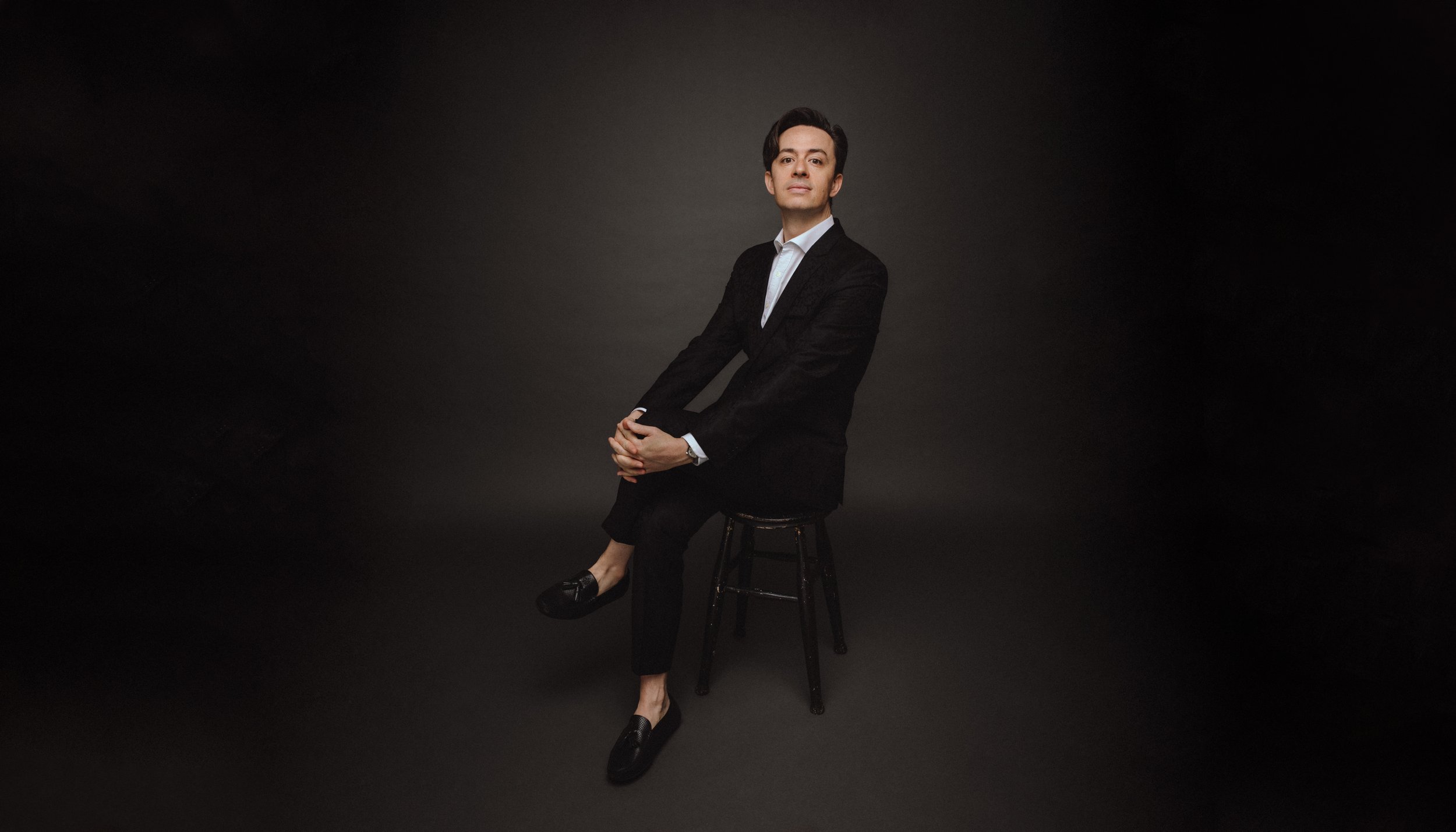
PRESS
Monteverdi’s L’Incoronazione di Poppea (Nerone)
Opéra de rennes
Mozart’s La Clemenza di Tito (Sesto)
Ancient Theater Plovdiv
Maria Walpurgis’s Talestri (Oronte)
Staatstheater Nürnberg
Händel’s Alcina (Ruggiero)
February ‘22
Anton Rubinstein’s The Demon (The Angel)
Opéra National de Bordeaux
Porpora’s Mitridate (Sifare)
Schwetzingen
Mozart’s Le nozze di Figaro (Cherubino)
Luigi Rossi’s Orfeo (Nutrice/Amore)
Opéra national de Lorraine
Vinci’s Catone in Utica (Marzia)
ADDITIONAL PRESS
